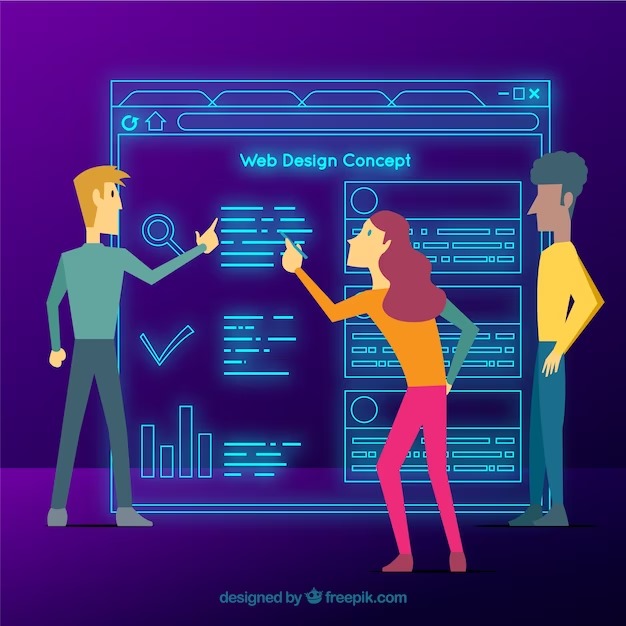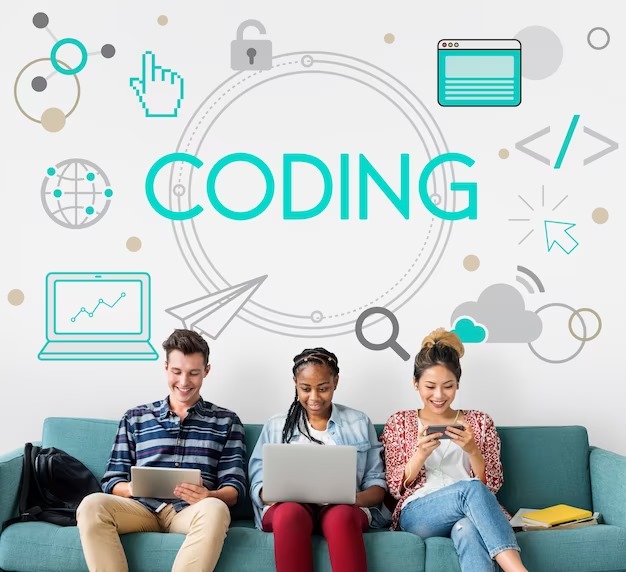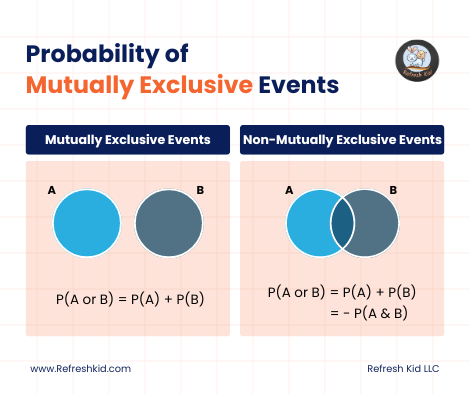Embarking on a coding journey can be both exciting and daunting, especially for beginners. The world of coding offers endless opportunities for learning, creating, and problem-solving. Whether you're aiming to become a software developer, a web designer, or simply want to understand the language behind technology, these 6 essential tips will pave the way for a successful and fulfilling coding journey.
1. Set the Right Mindset
Your mindset plays a crucial role in your coding journey. Approach coding with a growth mindset, understanding that challenges are opportunities for learning and improvement. Embrace failures as valuable experiences that lead to progress. Stay patient and persistent, as coding requires dedication and practice.
2. Choose the Right Programming Language
With a plethora of programming languages available, it's important to select the right one for your goals. Python, Java, JavaScript, and Ruby are popular choices for beginners due to their versatility and community support. Research each language's applications and job opportunities to make an informed decision.
3. Utilize Online Learning Platforms
Online platforms like Refreshkid, Coursera, and Khan Academy offer interactive coding courses for beginners. These platforms provide structured lessons, hands-on projects, and instant feedback, making the learning process engaging and effective. Take advantage of their resources to build a strong foundation.
4. Practice Through Real Projects
Theory is essential, but hands-on experience is equally important. Start small by building simple projects and gradually tackle more complex challenges. Whether it's creating a personal website, a basic app, or automating a task, practical projects enhance your problem-solving skills and boost your confidence.
5. Embrace Collaboration and Community
Coding is rarely a solitary endeavor. Join coding communities, forums, and social media groups to connect with fellow beginners and experienced developers. Asking questions, sharing experiences, and collaborating on projects will accelerate your learning and introduce you to different perspectives.
6. Continuously Update and Expand Your Knowledge
The tech industry is dynamic and constantly evolving. Stay updated with the latest coding trends, tools, and techniques. Subscribe to coding blogs, podcasts, and YouTube channels to access valuable insights from experts. Continuous learning ensures that your skills remain relevant and competitive.
FAQs
How can I overcome coding challenges without getting frustrated?
Coding challenges are a natural part of the learning process. Break down complex problems into smaller tasks, and tackle them one at a time. Don't hesitate to seek help from online communities or forums if you're stuck. Remember, persistence and patience will lead to breakthroughs.
What programming language is best for beginners?
Python is often recommended for beginners due to its readability and versatility. Its syntax is easy to understand, making it an excellent choice for those new to coding. However, the choice of language ultimately depends on your goals and interests.
Are coding bootcamps worth it for beginners?
Coding bootcamps can provide an intensive learning experience in a short period. They are worth considering if you're looking for a structured and immersive environment. Research different bootcamps, read reviews, and choose one that aligns with your learning style and goals.
How long does it take to become proficient in coding?
The time it takes to become proficient in coding varies based on factors like your dedication, time commitment, and the complexity of projects you undertake. While some basics can be learned in a few months, mastery requires consistent practice over a longer period.
How can I stay motivated during the initial stages of learning?
Set achievable goals and celebrate small victories along the way. Find coding projects that genuinely interest you, as enthusiasm fuels motivation. Surround yourself with a supportive community that encourages you to keep learning and growing.
Is coding primarily math-oriented?
While coding involves logic and problem-solving, it's not exclusively math-oriented. Many programming tasks require critical thinking, creativity, and analytical skills. While some areas of coding may involve math, there are plenty of programming roles that focus on other aspects of development.
Conclusion








